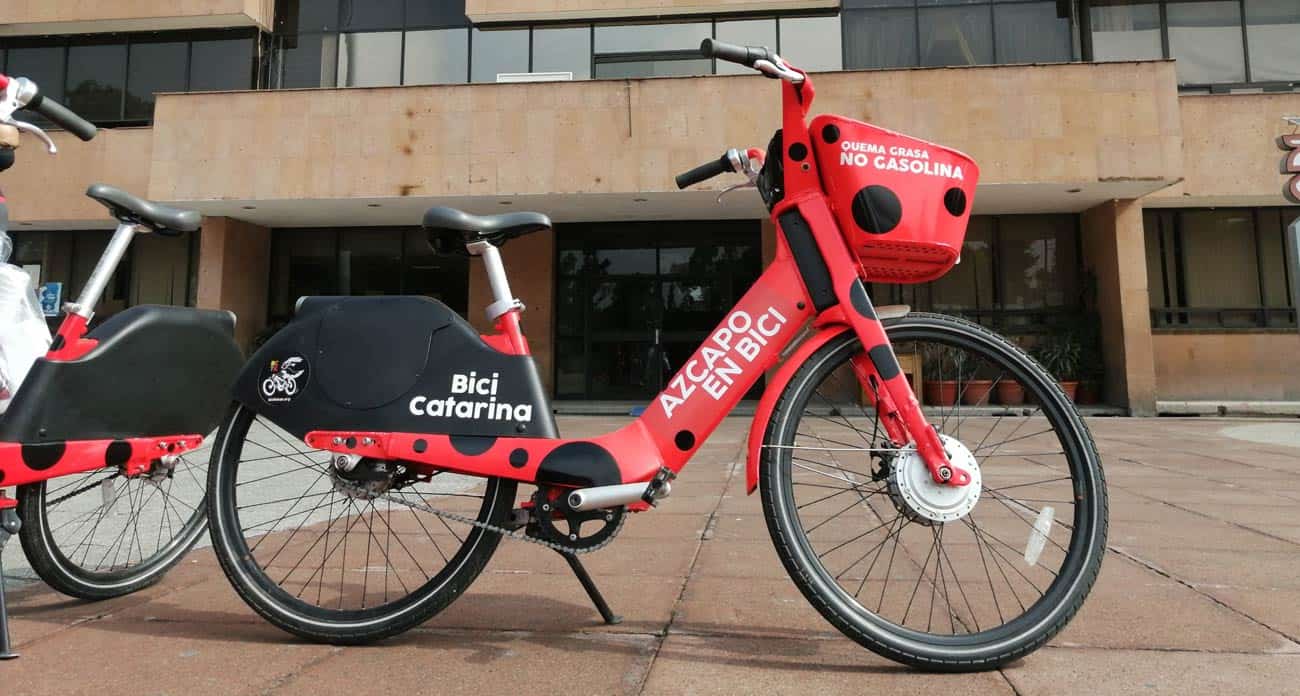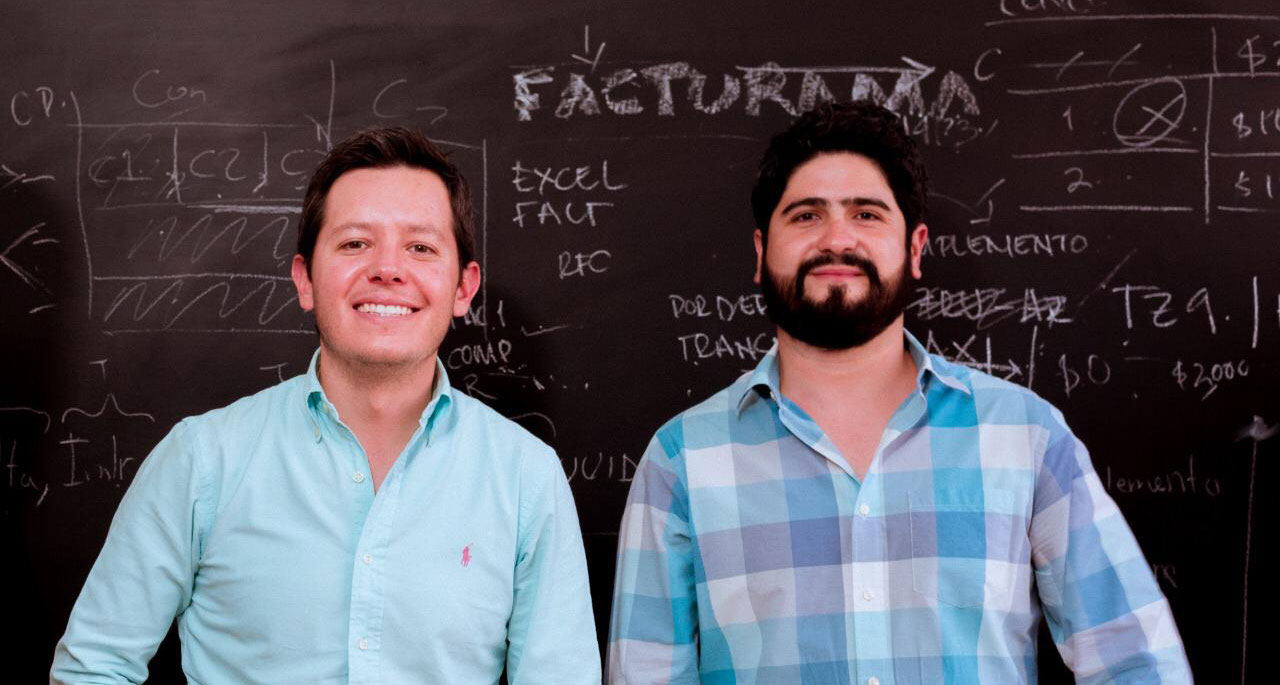Contxto – Humanity’s biggest nemesis in 2020, Covid-19, has highlighted the importance of facial recognition technology. As a result, startups working with these types of solutions have been drawing funding as of late. Though none more so than Brazilian Acesso Digital.
Yesterday (21), news broke that SoftBank and General Atlantic co-led an investment in Acesso Digital for R$580 million (~US$107.2 million).
Thanks to this significant sum, the São Paulo-based company will be doing some serious hiring and acquisitions in the near future.
[wd_hustle id=”InArticleOptin” type=”embedded”/]
Acesso Digital “faces” the future of facial biometrics
It’s worth noting that this constitutes the second external funding round for Acesso Digital since its 2007 founding. It had previously closed ~US$9.5 million in January of this year through e.Bricks Ventures.
Why it’s a big deal: The fact that there is such a significant difference in the amounts between these two rounds and within so little time showcases investors’ enthusiasm for the future of facial biometric tech.
Facial biometrics are often seen in e-commerce or banking applications so as to prevent identity theft or fraud. But the Brazilian startup ambitions more for this type of tool.
“The goal is to enable a person to do everything with their face [and] taking technology to the physical world,” says Marcelo Zanelatto, Tech Director at Acesso Digital.
That translates to using facial recognition for tasks like checking into an airport or paying for drinks at a bar.
But as one might expect, the adoption of facial biometrics won’t proceed without its share of hiccups.
The slippery slope that is facial recognition
Sure, Covid-19 showed the very real need to offer users contactless means to identify themselves in various situations, from clocking in at the workplace to completing payments at the local supermarket.
Although for many years now it’s been raising alarms as to its ethical use.
From misidentification, violation of privacy rights, to racial biases, facial biometrics has its issues to overcome and/or be curbed by relevant regulations.
Either way, as the use of this tech spreads beyond banking and public services, more concerns will arise to thicken the debate.
Where do you stand on facial biometrics? Yea or nay?
Related articles: Tech and startups from Brazil!
-ML






